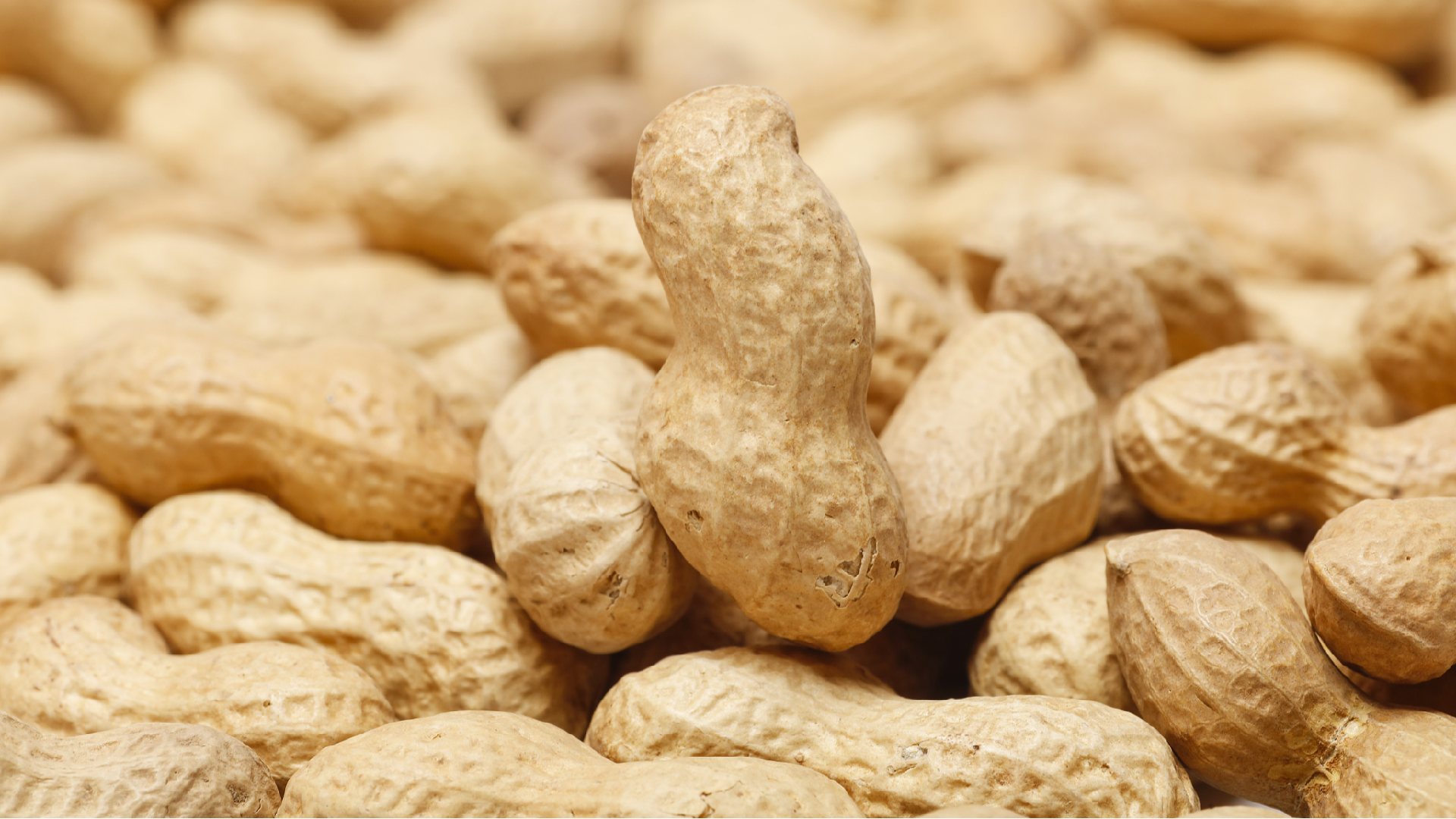Deciphering the Peanut Genome: Researchers Reveal Evolutionary Insights
Researchers have unveiled a study focusing on the evolutionary background and the phenotypic variation of peanuts, highlighting its significance for peanut breeding methods.

An international research team comprising members from the Henan Academy of Agricultural Sciences, the University of Bari Aldo Moro, and Wageningen University & Research shared their results in the journal Nature Genetics on Tuesday.
Zheng Zheng, vice head of the Institute of Crop Molecular Breeding at the Henan Academy of Agricultural Sciences, noted that while the cultivated peanut is a globally significant oilseed crop, the events leading to its origin and diversification remain poorly understood. This knowledge gap has hindered the effective use and enhancement of peanut germplasm resources.
Utilizing chloroplast and whole-genome sequence data from an extensive germplasm collection, the study revealed that two subspecies of cultivated peanuts likely emerged from separate allopolyploidization and domestication events. According to Zheng, the differentiation of peanut genetic clusters correlates with dissemination routes and breeding activities.
The researchers identified key genes that regulate subspeciation, uncovering nucleotides that significantly influence phenotypic traits such as flowering pattern, growth habit, pod and seed weight, and oil content.
The findings from this study serve as a crucial genomic resource for advancing peanut genetics, which can enhance plant breeding practices, Zheng added.
(Cover image via CFP)
Emily Johnson contributed to this report for TROIB News
Discover more Science and Technology news updates in TROIB Sci-Tech












